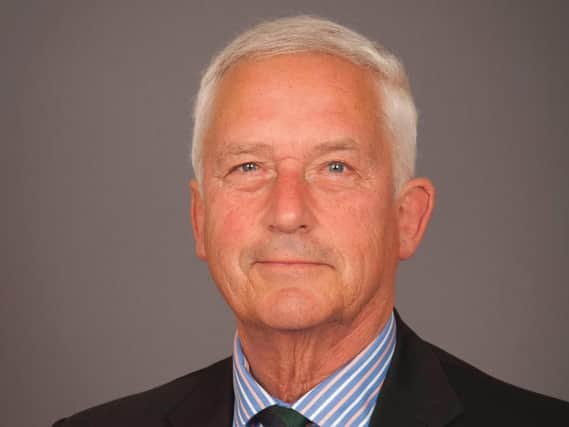Proposals to introduce kerbside glass recycling in Northumberland


The authority currently sends non-recyclable waste to a special Energy from Waste facility where it is burned to generate electricity for supply to the National Grid.
This has helped to significantly reduce the council’s reliance on landfill disposal, with less than 15 per cent of all household and commercial waste being sent to landfill last year.
Advertisement
Hide AdAdvertisement
Hide AdHowever, the amount of household waste being reused, recycled or composted in the county has plateaued in recent years, dropping slightly to just over 36 per cent in 2017-18.
The authority is keen to progress improvements in its waste services and is set to agree detailed studies into four-weekly glass collections, with the option of introducing collections for plastic pots, tubs and trays as well as food waste at a later date so that at least a 50 per cent recycling rate is achieved.
While initial research has so far been provided free to the council, its decision-making cabinet is being asked at its meeting next Tuesday (February 12) to commit £14,000 – from the anticipated year-end underspend – towards a more detailed £35,000 study.
The proposals were discussed at today’s (Wednesday, February 6) meeting of the communities and place committee, where members raised a number of queries and concerns, on matters such as education, number of bins, the processes for recycling different types of waste and frequency of collections.
Advertisement
Hide AdAdvertisement
Hide AdCoun Glen Sanderson, cabinet member for environment and local services, emphasised that this was a long-term plan, which would take place in stages over a number of years, with glass being targeted first.
“We have to balance our true responsibility to the environment against what we can afford to do,” he added.
Outside the meeting, Coun Sanderson said: “Getting better at what we recycle isn’t just a local or national issue, it’s global and we all have our part to play.
“Our current waste strategy comes to an end next year and as the waste-management landscape has changed dramatically over recent years we need to move with the times to respond and adapt to current and impending changes.
Advertisement
Hide AdAdvertisement
Hide Ad“As well as looking into glass and food collections, we’ll also be leading by example by cutting our own paper consumption and improving paper recycling, as well as removing the use of single-use plastics where possible.
“If funding is approved by cabinet, we hope more detailed modelling will confirm that a relatively low-cost investment in separate glass collections would help improve recycling performance and offer good value for money.
“I’m also looking forward to meeting up with my opposite numbers in the new combined authority to discuss possible joint working in the future waste strategy.”
Ben O'Connell, Local Democracy Reporting Service